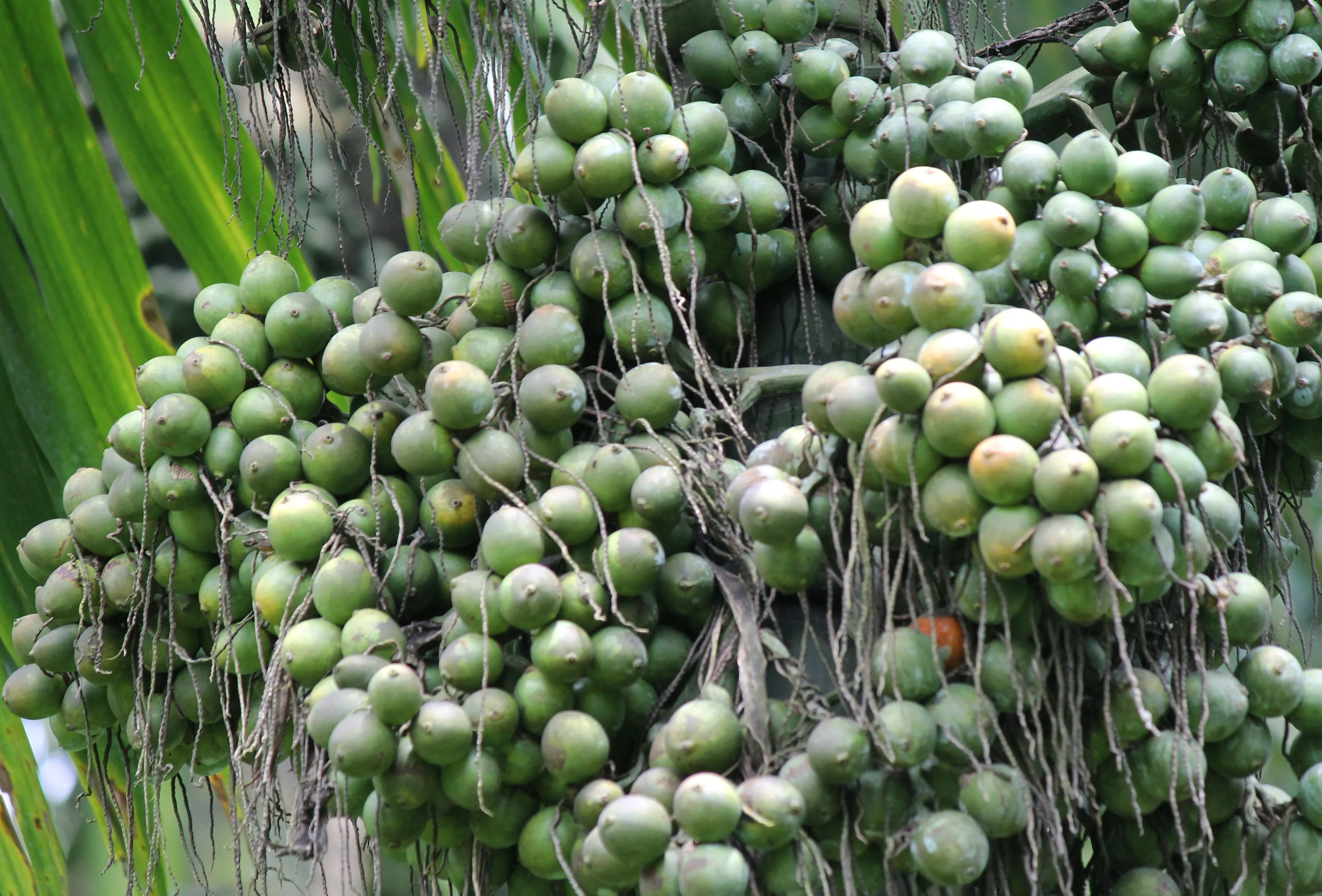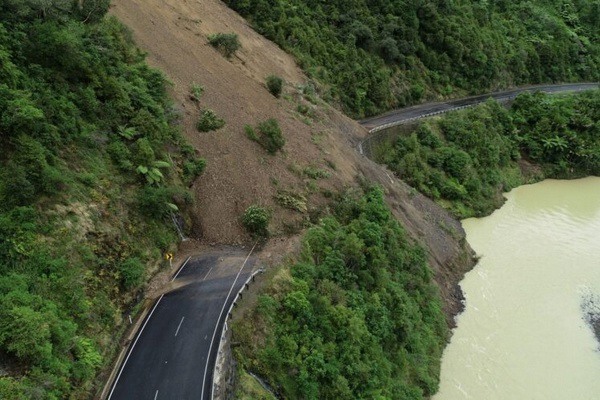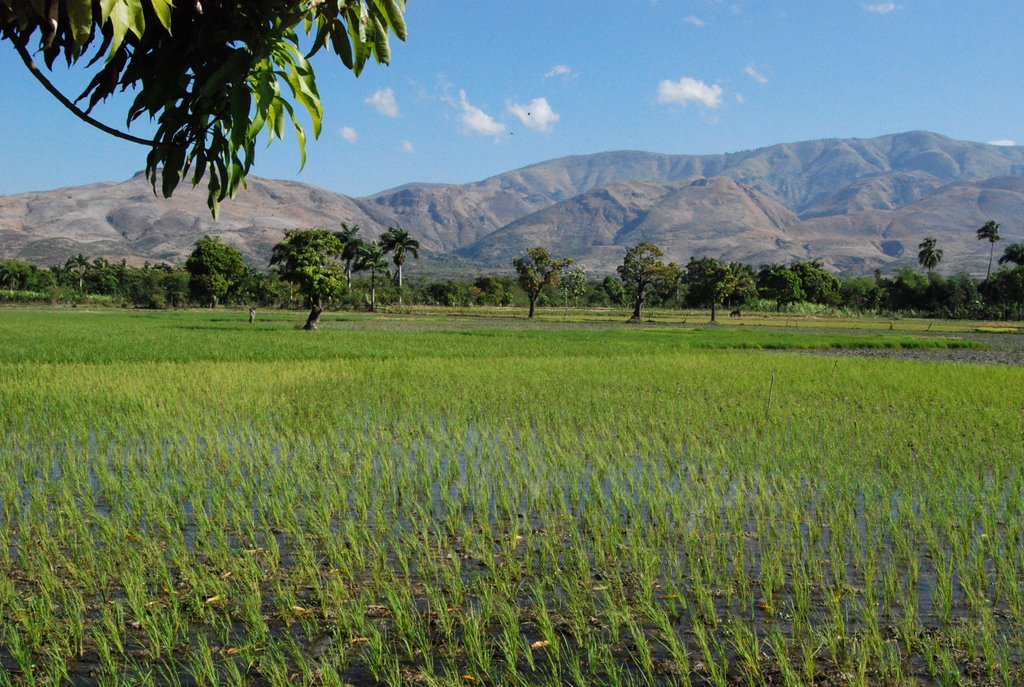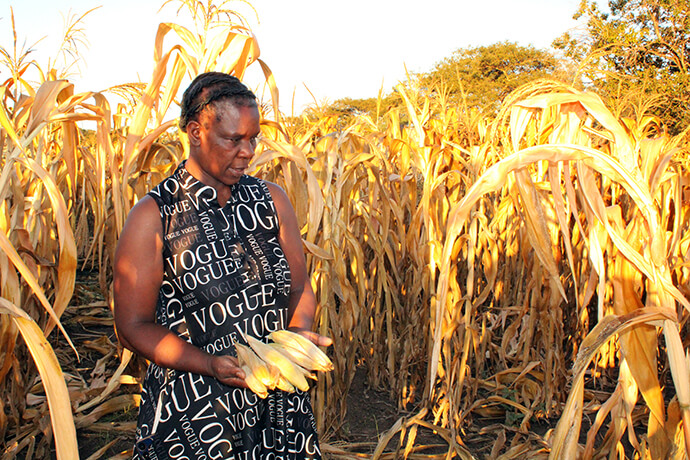Karnataka has suffered from grave consequences of erratic weather conditions and unconventional rainfall, resulting in massive crop loss and damage.
According to the Karnataka State Natural Disaster Monitoring Center (KSNDMC) the state incurred a loss of Rs 7,467 crore during the monsoon season, of which agricultural and horticultural crops on 5.74 lakh hectares of land worth Rs 3,569 crore were completely damaged across the state.
Apart from witnessing irregular and heavy rainfall, climate change has also brought with it dangerous pathogens that threaten to wipe out 70 percent of the arecanut plantations in Karnataka’s Malnad region.
Identified as 'Blast Disease,' this plant infection is caused by an air-borne fungus, that attacks the leaves of the arecanut plant.
Double Trouble for Arecanut Cultivators in Karnataka
Scientists Belur S Kumudini and her team, who studied blast disease in paddy, have diagnosed that this disease is caused by the fungus called Pyricularia oryzae.
The blast disease first reported in West Africa’s Sierra Leone in 1930. In India, the fungus started occurring in every rice growing region where humidity was said to be high. By 1959, the damage to rice crops was as high as 78 percent.
In the last one decade, apart from affecting paddy fields, the air-borne fungus also started attacking other plants such as arecanut, which are grown in areas where the rainfall and humidity levels are very high.
In Malnad region of Karnataka, the farmers have to wait for a period of seven years to get their arecanut yield, but they are now faced with two major diseases – yellow leaf disease and blast disease.
Satisha Jain, a farmer in Chikkamangaluru's Koppa, developed arecanut plantation eight years ago in his one acre land. After a period of five years, Satish was lucky to get good yield of 10 quintals of red arecanut in 2021. However, this year the farmer and other cultivators in the region are suffering a huge loss due to yellow leaf and blast diseases.
Satisha explained the difference between the two and how a combination of both the plant infections could be deadly to the entire plantation itself.
"Yellow leaf disease is quite common in arecanut plantations. This disease is cancerous and slowly kills the plant over in a period of over six to seven years, with yield reducing each year. Usually, the leaves of the arecanut plant start turning yellow and dry, which is caused by a pathogen called Phytoplasma and is spread through plant hoppers. On the contrary, the blast disease kills the plant within weeks, giving no room for recourse."
According to the Arecanut Research and Development Foundation, the cultivation of this commercial crop is the economic backbone of nearly 16 million people in the country.
Karnataka which tops arecanut cultivation in comparison to other states such as Kerala, Andhra Pradesh, Tamil Nadu, Telangana, and Assam, has suffered a loss of over 25 percent due to unseasonal and above-average rainfall in 2022.
Reacting to the wide-spread plant disease that is resulting in severe crop loss, union agriculture minister Narendra Singh Tomar and MP from Udupi-Chikkamangaluru Shobha Karandlje announced a new initiative of providing chemical sprays to help arecanut cultivators in October 2022.
But farmer Seetharama Nellithaya from Shishila in Dakshina Kannada said, "In order to tackle yellow leaf disease, the government has provided us with one litre of Bordeaux mixture (a combination of copper sulphate and quicklime, which has to be mixed with 100 litres of water and sprayed across one acre of the arecanut plantation. However, there has been no solution for the blast disease till now."
While, the union and state governments fund two research centres for the management of plantation crop diseases in the Malnad region and two other centres in Udupi and Uttara Kannada, very little efforts have been made to treat these plant diseases.
"The government is not doing enough to find out more about the blast disease. Unlike the yellow leaf disease, the effects of blast fungus is rapid and has the potential to wipe out hectares of plantation within weeks. I have already suffered loss of Rs 7 lakh this year. We are planning to meet with the chief minister and raise our concerns during his visit to Sringeri", added Nellithaya.
Climate Change Main Cause of New Plant Diseases: Experts
Arecanut is usually cultivated in regions where rainfall is high and water facility is in plenty. However, with increasing negative effects of climate change and excessive rainfall this year, environmentalist and farmer Dr Vittal Hegde Kalukuli, observed that the only way to tackle this disease was to ensure that climate crisis is addressed at its root.
Dr Hegde said:
"Infections in plants is not something new. Farmers have faced this issue for a very long time. But, this time it is uncontrollable as the spread of blast disease is being aggravated due to unpredictable rains and rising humidity levels in the coastal region. This causes the fungus to rapidly eat the leaves, leaving behind rotten stems and damp nuts."
There are also studies being conducted to understand the changes in rainfall patterns, intense heatwaves, drought and floods that contribute significantly to the spread of infectious diseases among plants. However, the Government of Karnataka is yet to fully understand how to treat these pathogens that rising in number due to natural causes.
In an attempt to solve the growing problem of arecanut crop damage minister Araga Jnanendra and BS Yediyurappa son BY Vijayeendra visited farmers in Shivammogga and promised them of establishing a scientist panel to carryout the research about the fungus and assess the extent of damage in Dakshina Kannada, Shivamogga, Uttara Kannada and Udupi.
However, when journalists reached out to officers in the agriculture and horticulture department, to find out how the government planned on taking the new disease, no response was given.
Between October and November 2021, Karnataka received 97 percent excess cumulative seasonal rainfall, with Malnad region experiencing 147 per cent excess rain and coastal Karnataka experiencing 104 per cent more rainfall than normal. This resulted in 28,316 hectares of horticulture crop damage, of which arecanut was the most prominent.
With rains continuing to lash irregularly in Karnataka even in 2022, farmers are scared that the blast disease might turn into a major biological crisis, destabilising the import-export trade of arecanuts.
As of now, the approximate cost of arecanut cultivation is Rs 250 per kg. However with the cultivation cost rising by 30%, farmers have to now spend at least Rs 350 per kg.
So in order to retain their relevance in the market, cultivators have also appealed to the union government, asking them to increase the import price value which is fixed at Rs 251 by 15%, in order to discourage companies from buying low quality arecanut from foreign nations like Indonesia, Myanmmar and Bangaldesh.
Source - https://www.thequint.com













